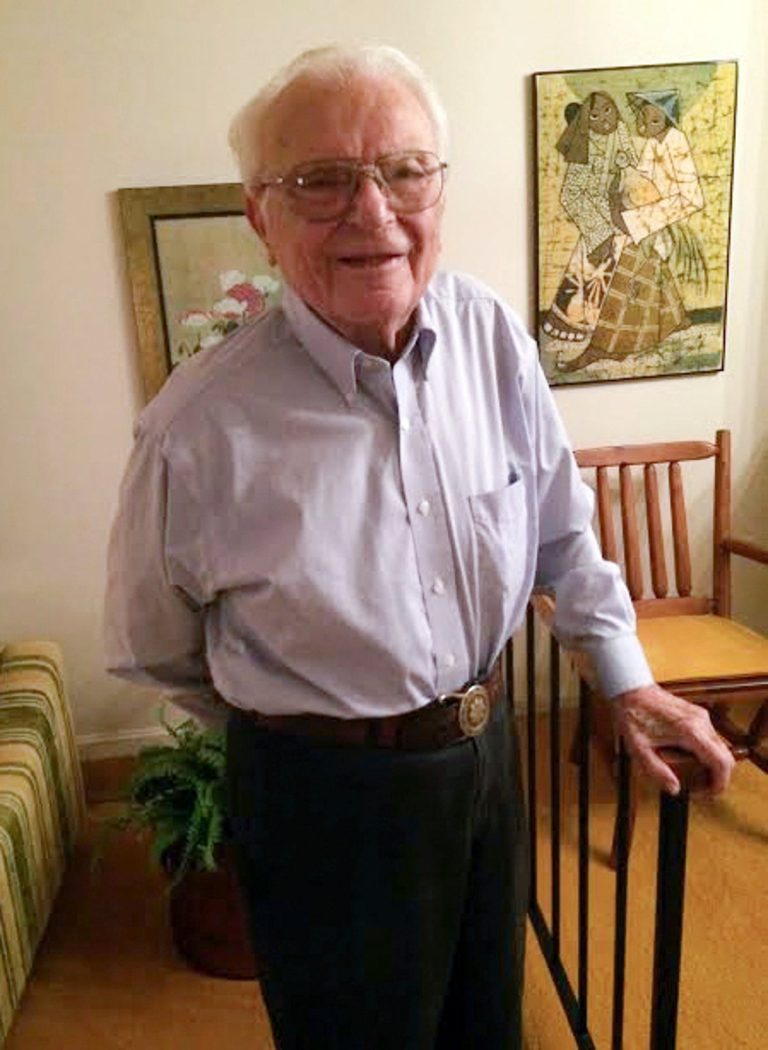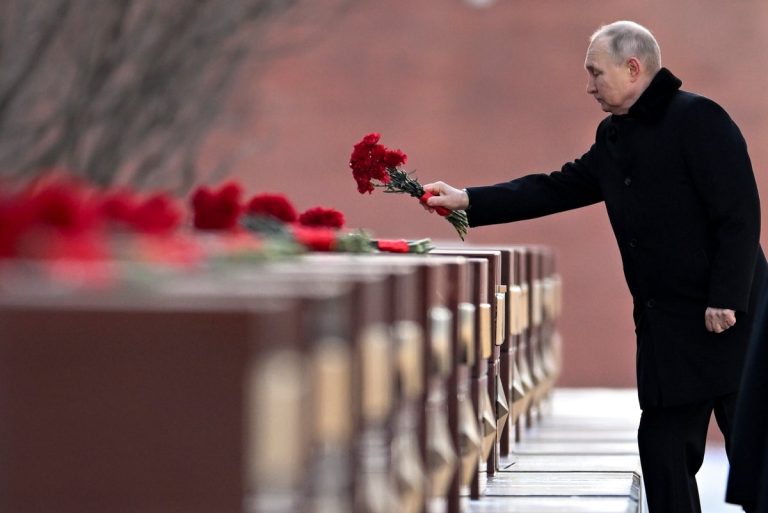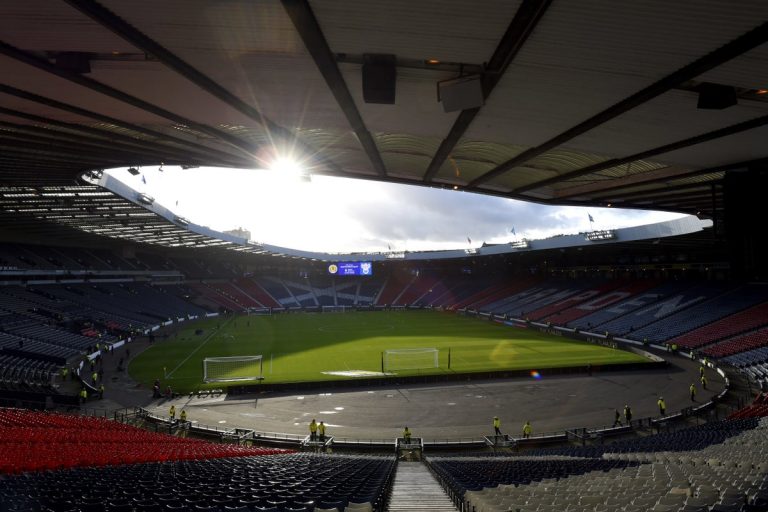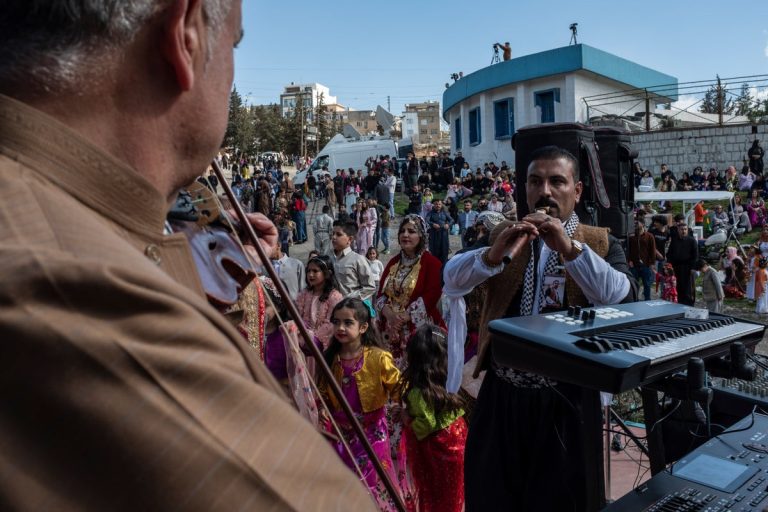Hundreds of parachutists drop over Dutch heath to commemorate World War II operation

Your support helps us to tell the story
Find out moreClose
As your White House correspondent, I ask the tough questions and seek the answers that matter.
Your support enables me to be in the room, pressing for transparency and accountability. Without your contributions, we wouldn’t have the resources to challenge those in power.
Your donation makes it possible for us to keep doing this important work, keeping you informed every step of the way to the November election
Andrew Feinberg
White House Correspondent
Hundreds of paratroopers dropped out of near-cloudless skies over a heath in the central Netherlands on Saturday to commemorate the 80th anniversary of one of World War II’s most daring — but ultimately unsuccessful — missions, Operation Market Garden.
Paratroopers from the Dutch Air Mobile Brigade and 12 other NATO nations took part in a series of jumps over Ginkel Heath, watched by a small group of World War II veterans and some 60,000 spectators.
Local mayor Rene Verhulst called the heath near Arnhem a place “where 80 years ago courage, sacrifice and hope came together in the shape of the airborne landings during Operation Market Garden. Today we commemorate the brave young soldiers who risked and sometimes gave their lives for our freedom.”
One of the soldiers involved, 99-year-old Geoff Roberts, was among 12 World War II veterans present on a warm fall day.
For Operation Market Garden, he arrived in the nearby village of Wolfheze a day before the mass drops at Ginkel Heath.
“Well, I landed at Wolfheze in a glider and our next job was to capture this area for the people to come in the following day.” He said that the arrivals were delayed by bad weather and by the time the paratroopers arrived “it was getting a bit naughty” at the drop zone as German forces had begun fighting back.
After days of heavy fighting, he was taken prisoner and sent to work in a coal mine in Czechoslovakia. He was 20 years old when he returned home at the end of the war.
Operation Market Garden was an audacious plan that aimed to seize back key bridges and roads from Nazi occupiers of the Netherlands so that Allied forces in Belgium could advance into the industrial heartland of Germany and bring the war to a swift end.
It involved dropping nearly 35,000 paratroopers behind enemy lines using an aerial armada of gliders and other military planes. But stiff German resistance and stretched supply lines scuppered the plan as the Allies failed to hold a key bridge across the Rhine at Arnhem in a battle immortalized in the book and star-studded 1977 movie “A Bridge Too Far.”
About 11,500 Allied troops died in the nine days of Operation Market Garden, more than than during the D-Day landings in France two months earlier.
The British 1st Airborne Division led the airborne assault. Paratroopers from the U.S. Army’s 101st and 82nd Airborne Divisions and Poland’s 1st Independent Parachute Brigade also were dropped into the Netherlands.
The top general for U.S. forces in Europe, Gen. Christopher Cavoli, told The Associated Press that the way those countries fought together laid down a bedrock for the NATO alliance.
“It’s the spirit that we build on, right? It’s the spirit of cohesion that infuses the alliance today,” Cavoli said.
“The terrible events of the past couple of years have brought the alliance together, which is exactly what an alliance is for. It comes together in times of trouble,” he added. „It comes together and builds on the bonds of the past. And you can feel that at a commemoration like this today, you feel the spirit of that alive.”
Saturday’s drops came just over a week after a tiny Dutch village remembered becoming the first settlement in the Netherlands to be liberated from German occupation. While parts of the southern Netherlands were recaptured by Allies in 1944, the major cities and other areas had to wait months and endure a winter famine before their occupation ended.






